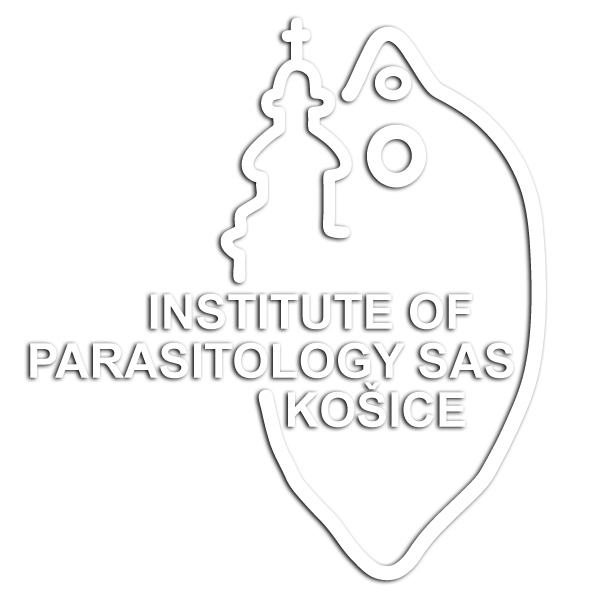Scientific Orientation of the Department
Research is focused on the complex study of structure and dynamics of natural foci diseases in the evolution of parasite-host interactions with emphasis on individual parts of natural focus (pathogen-vector-host/reservoir-environment) and relationship between them in geographically and climatically heterogenous localities of Europe. Basic research is oriented on the occurrence of epidemiologically and epizootologically important vectors (ticks, fleas, mites, lice) in natural focus and viral, bacterial and parasitic agens in vectors and reservoir host, domestic, free ranging animals and human population. It uncovers the causative agens of emerging and neglected diseases in Slovakia and middle Europe, their reservoirs and vectors.
An applied research focuses on methods of protection for humans, animals and environment against ticks, transfer of knowledge for a decision sphere, for both, experts and the general public and popularisation of science by the mass media. It uses modern methods of molecular biology, statistical methods for evaluation of host-parasite relationships, geographic information systems with an interdisciplinary approach. Based on international research projects (VEGA, COST, intergovernmental and inter-academic agreements) the department collaborates with leading institutes in France, Israel, Poland, Czech Republic, Germany, Hungary, Italy, Lithuania, and more recently with China. The results of studies, their transfer into practice and popularization of the science were awarded at several international conferences, competitions and exhibitions by national and international scientific societies. The department is considered as one of the top scientific workplaces in Slovakia with the acceptance of the results at the national as well as international level.
